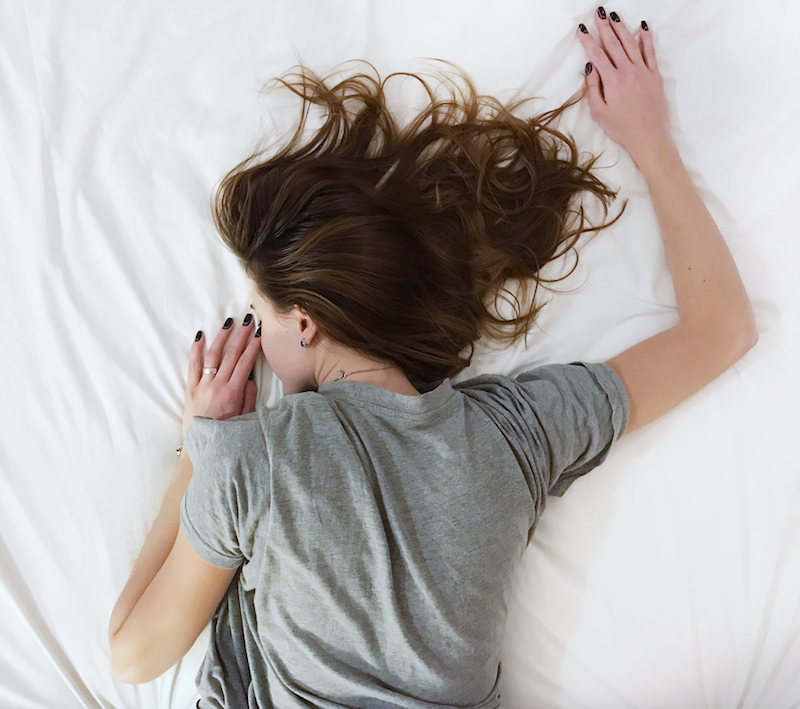
How to fall asleep faster
A hundred years ago we slept 8-9 hours a night, now we average sleep around 6-7 hours a night. Is this bad? Yes, because improving the quantity and quality of sleep has a more significant effect on overall health than either diet or exercise!
When work or school deadlines arise, many consider staying up late or “pulling an all-nighter” an efficient way to get everything done. When considering lifestyle changes for brain health, one of the most important aspects to consider is sleep. We tend to not get enough sleep and our brains run on fatigued much of the time, as a result, our brains are over-stimulated, stressed, and tired.
There are some very basic steps you can take that will help you get those very much wanted and deserved 8 hours of sleep. Here are some tips:
Fix a sleep schedule
Make an effort to to bed at a set time each night and get up at the same time each morning. But watch out! “Sleeping in” on weekends also makes it harder to wake up early on Monday morning because it resets your sleep cycles for a later awakening. Do not nap within 8 hours of bedtime ;). Activities such as having a long bath, doing some yoga or meditation, using a sleep balm and room spray and reading a book can help relax your body and mind helping you to sleep better.
Avoid Caffeine before bed
This may seem obvious, but sometimes we are not aware of the amount of caffeine that very common food has, like chocolate, soft drinks, non-herbal teas, diet drugs, and some pain relievers. And of course, the king in the caffeine kingdom, coffee. Also, alcohol hampers you of deep sleep.
Avoid all of these things at least 6 to 8 hours before sleeping if you want to have that refreshing sleep you’ve been struggling to have. Also, try to avoid eating any kind of large meal within two hours of bedtime.
One of the most difficult: resist using technology in bed
You’re coming home late from work, you are tired, you want to see what your friends have been up to today… So you just fall down on your bed scrolling through social media on your phone just before going to sleep.
This is made even easier when your phone is charging next to your bed. The problem is that the light from our devices tricks your body into thinking it is daytime, resulting in difficulty falling asleep. Sounds bad, hum? Well give it a try for a week and see the results.
Write down your worries
Once your head hits the pillow, problems of the day can start racing through your mind making sleep impossible. We’ve all been there and… gosh, how annoying! One way to stop this is to keep a pen and a pad of paper by your bedside. Jot down your thoughts and worries and promise yourself you will address them in the morning. This will give you a feeling of relief since you are at least addressing your concerns and not leaving them behind.
Exercise
Working out effectively can tire your body out gently, promoting a better night’s sleep. Releasing pent up tension through exercise is also highly beneficial, helping to banish stress before bedtime. Exercising also lowers your body’s temperature, which induces better sleep.
If you are experiencing sleeping problems, try to exercise a little more or change the type of activities you do. Yoga is renowned for its relaxation and sleep benefits, while moderate-aerobic exercise like walking has been found to help people fall asleep more quickly.



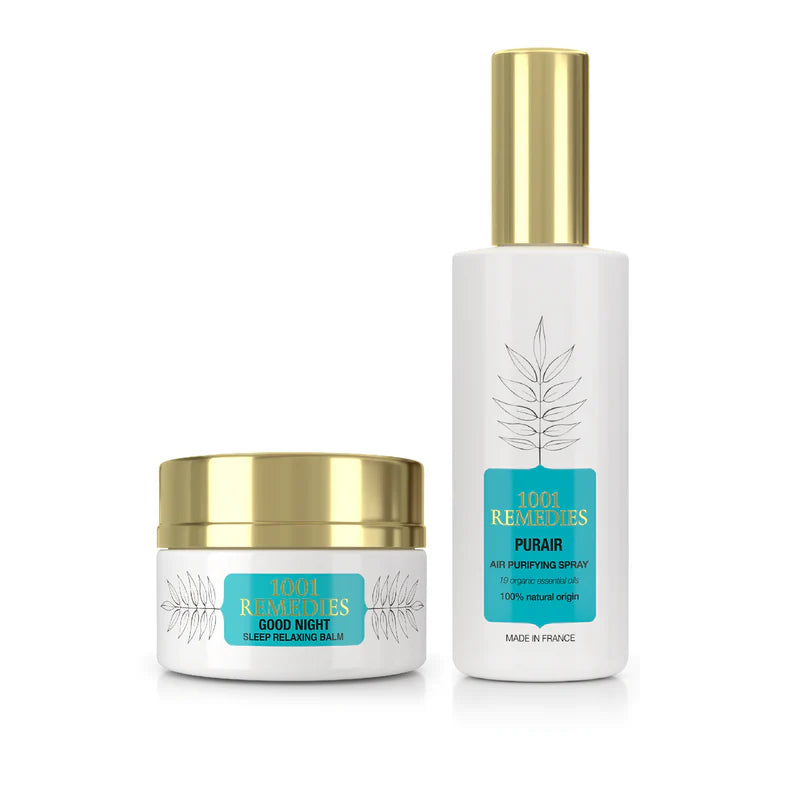

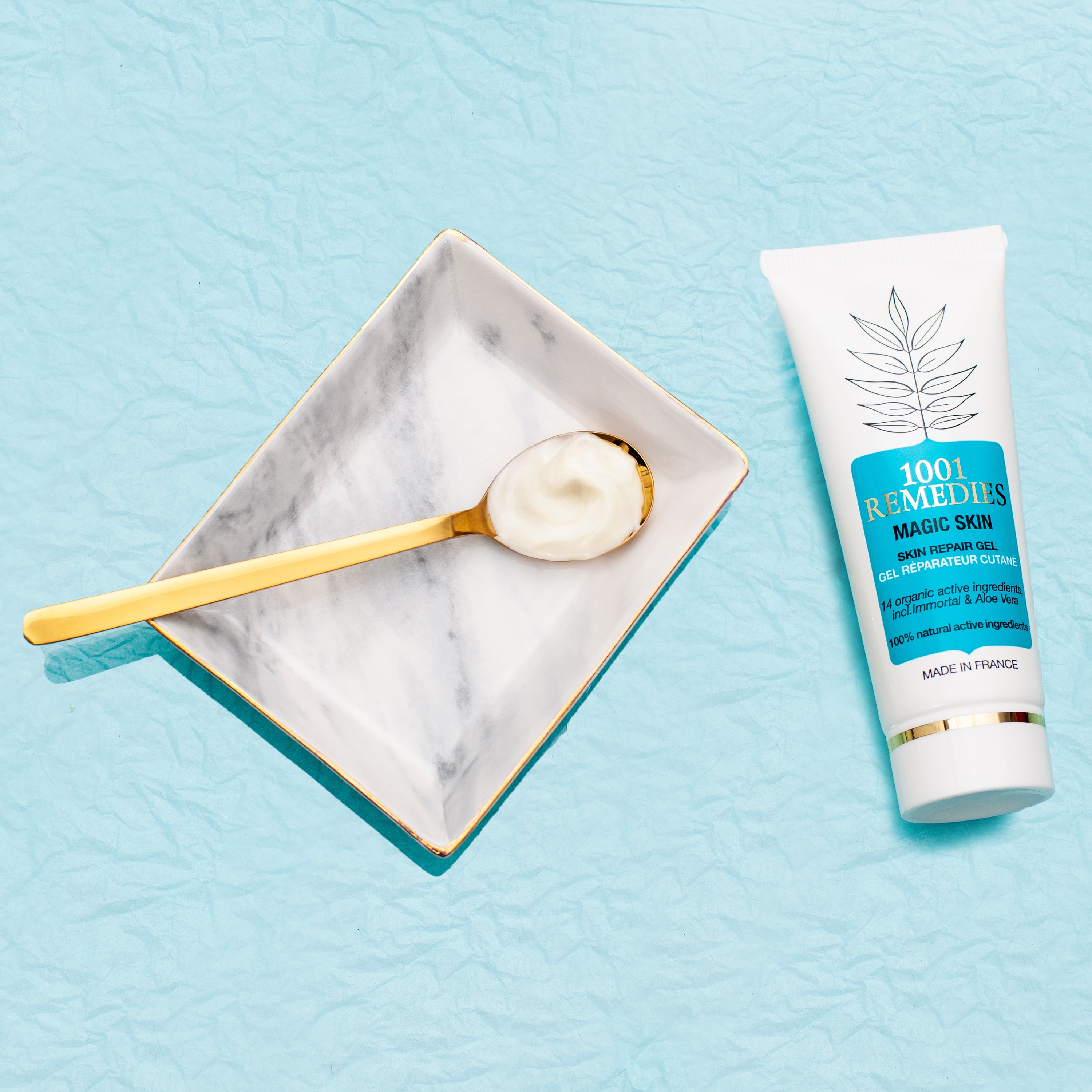


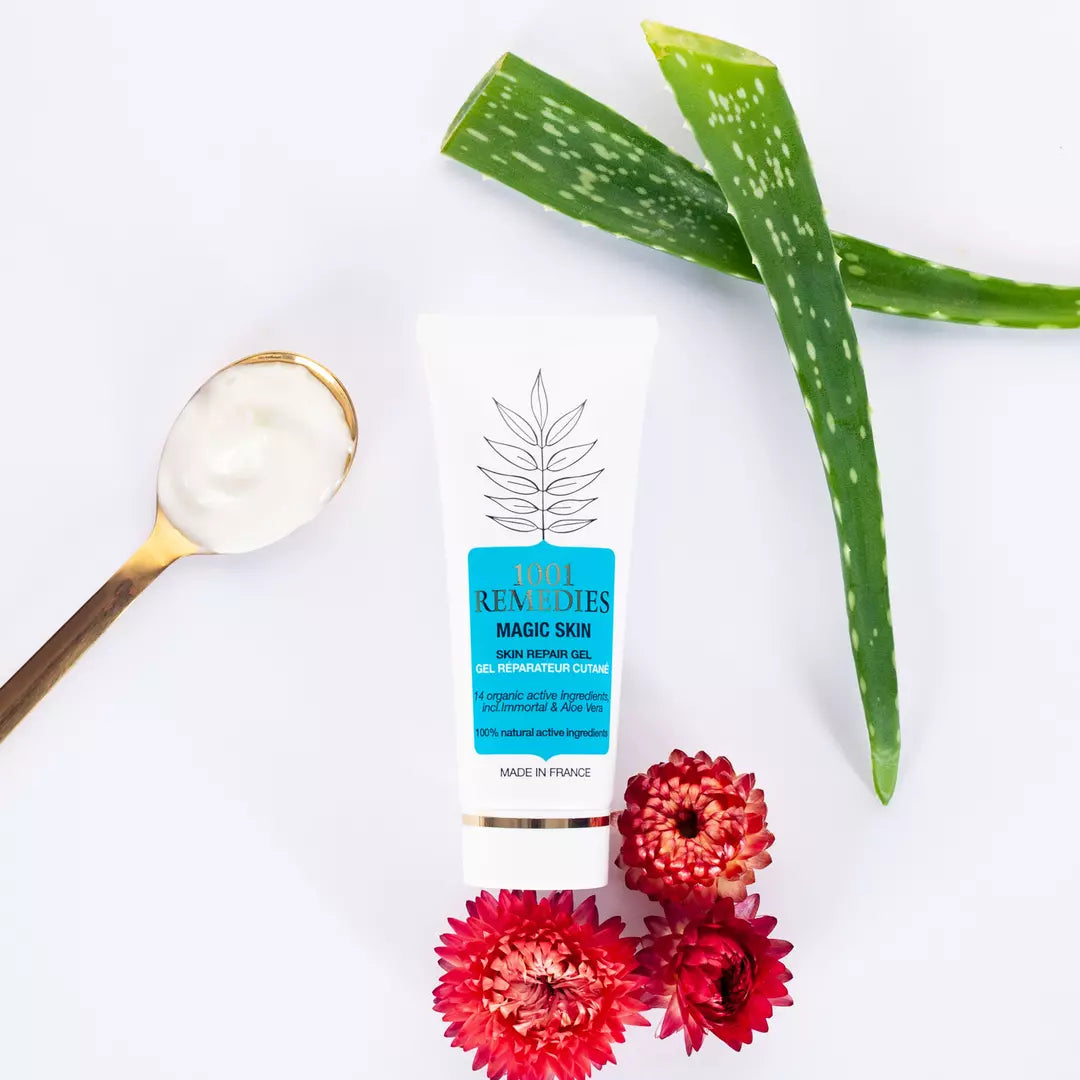
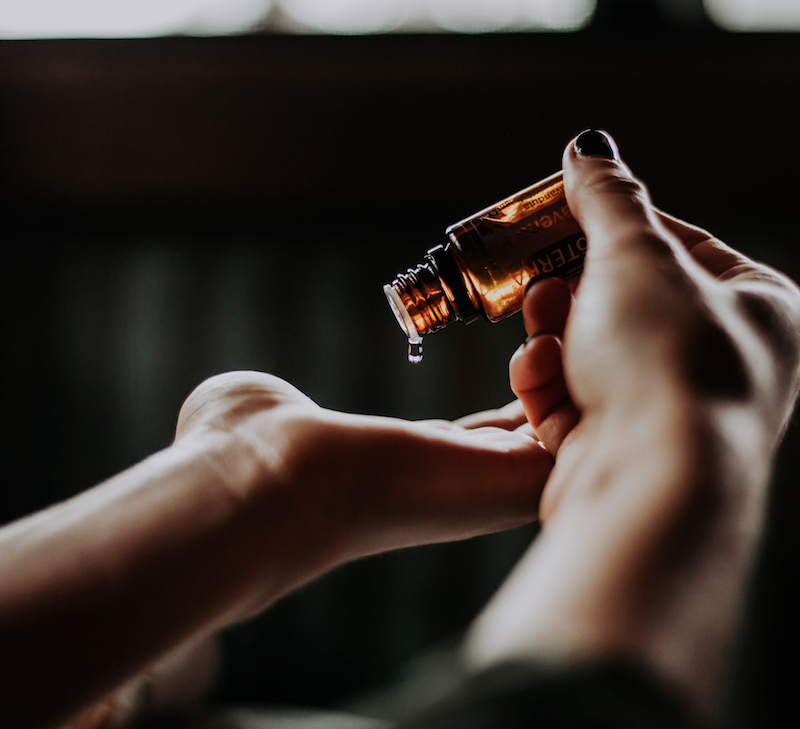

Leave a comment
This site is protected by hCaptcha and the hCaptcha Privacy Policy and Terms of Service apply.